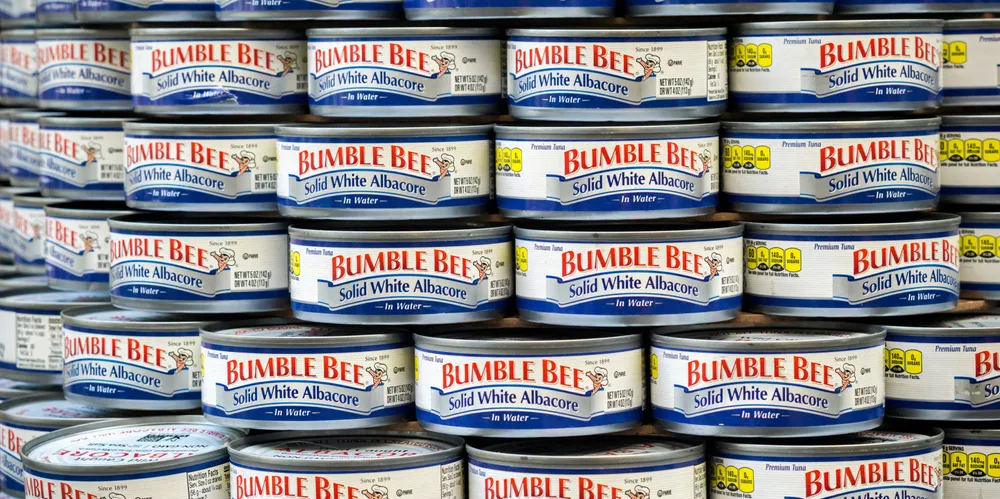Greenpeace alleges Bumble Bee canned tuna supply chain riddled with human rights abuses, illegal fishing
The NGO has asked the US Customs and Border Protection agency to ban imports of fish supplied by parent company FCF in light of the findings.

The NGO has asked the US Customs and Border Protection agency to ban imports of fish supplied by parent company FCF in light of the findings.
